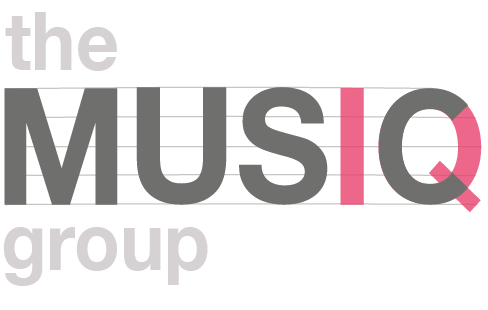Choosing Between 61 and 88 Keys: Simplifying Your Piano Decision
Introduction:
When it comes to choosing a piano, the decision between a 61-key and an 88-key instrument can be a bit overwhelming. In this article, we'll break down the key differences and considerations to help you make an informed choice that aligns with your needs and preferences.
Key Differences Between 61 and 88 Keys:
Let's get straight to the point. The primary difference between a 61-key and an 88-key piano lies in the number of keys. A 61-key piano provides a more compact range, while an 88-key piano offers the full spectrum found in grand pianos. The choice comes down to the kind of music you want to play and your skill level.
Considerations for Beginners:
For beginners, having the full 88 keys might seem like a no-brainer. It provides a comprehensive learning experience and ensures you won't outgrow your piano too soon. If you're serious about learning and progressing, investing in an 88-key piano is a solid choice.
Portability and Space:
Now, let's talk about practicality. If you're always on the move or dealing with limited space, a 61-key piano could be your best companion. It's more compact and easier to transport, making it ideal for musicians on the go or those with space constraints.
Versatility in Music Styles:
Consider the music styles you want to explore. An 88-key piano offers a broader range, making it suitable for classical, jazz, and intricate compositions. On the other hand, if your interests lie in specific genres or electronic music, a 61-key piano might be all you need.
Professional Considerations:
Are you a seasoned musician or aspiring professional? If your answer is yes, the 88-key piano is likely your best bet. Its extended keys provide a level of expressiveness and versatility that serious musicians and performers often require.
Budget Constraints:
Let's address the elephant in the room – budget. The cost difference between a 61-key and an 88-key piano can be significant. If budget constraints are a concern, consider finding a balance. Evaluate your priorities and choose a piano that fits both your needs and your wallet. You can hire a piano from us from £25pm
Conclusion:
In conclusion, the choice between the two types of pianos boils down to your specific circumstances. Are you a beginner looking for a solid learning experience? Go for the 88 keys. Are you a musician on the move with limited space? Opt for the 61 keys. Whatever your choice, make sure it aligns with your musical goals and preferences.
Ready to make your piano decision? We can help you at The Musiq Group, we offer a range of pianos for hire, starting from just £25. Simplify your decision-making process and kickstart your musical journey with the perfect piano for you. Visit our website or contact us today to explore our affordable and versatile piano rental options.

